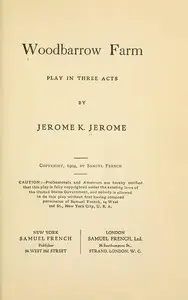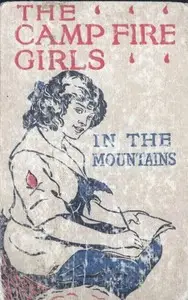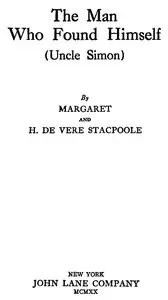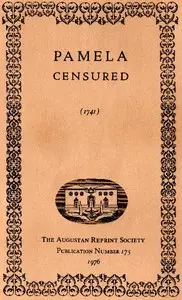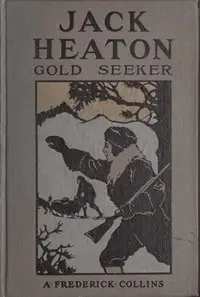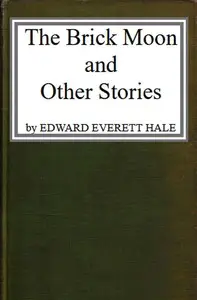"All Roads Lead to Calvary" by Jerome K. Jerome is a novel written during the early 20th century. The story centers around Joan, a keen and ambitious young woman who aims to become a journalist, exploring the historical and societal significance of old London churches while grappling with her beliefs about religion and the nature of existence. Through her journey, she meets various characters, including the elderly pew-opener Mary Stopperton, who provide personal anecdotes that reflect the themes of faith, choice, and the struggles of both historical and modern life. The opening of the novel introduces Joan as she wanders into a church for material to write about its historical context and notable attendees. She is captivated by the atmosphere and engages in a conversation with Mary Stopperton, who shares stories about the famous people who have crossed paths with the church, including the likes of Thomas Carlyle. As Joan absorbs the surrounding history, we get a glimpse into her thoughts on religion, faith, and the practical struggles of belief in modern times. The sermon she attends presents a contrasting view of life choices and moral dilemmas, resonating with her aspirations and prompting deeper reflections on her pursuit of journalism and social justice. The beginning sets the stage for Joan's complex relationship with her past, faith, and future ambitions as she seeks to make her mark in a changing world. (This is an automatically generated summary.)

All Roads Lead to Calvary
By Jerome K. (Jerome Klapka) Jerome
"All Roads Lead to Calvary" by Jerome K. Jerome is a novel written during the early 20th century. The story centers around Joan, a keen and ambitious ...
Jerome Klapka Jerome was an English writer and humorist, best known for the comic travelogue Three Men in a Boat (1889). Other works include the essay collections Idle Thoughts of an Idle Fellow (1886) and Second Thoughts of an Idle Fellow; Three Men on the Bummel, a sequel to Three Men in a Boat; and several other novels. Jerome was born in Walsall, England, and, although he was able to attend grammar school, his family suffered from poverty at times, as did he as a young man trying to earn a living in various occupations. In his twenties, he was able to publish some work, and success followed. He married in 1888, and the honeymoon was spent on a boat on the River Thames; he published Three Men in a Boat soon afterwards. He continued to write fiction, non-fiction and plays over the next few decades, though never with the same level of success.





